About the Guest
Dr. Stephen W. Porges is a distinguished university scientist at Indiana University, where he is the founding director of the Traumatic Stress Research Consortium. He is also a professor of psychiatry at the University of North Carolina and professor emeritus at the University of Illinois at Chicago and the University of Maryland. His more than 350 peer‐reviewed scientific papers, published across several disciplines, have been cited in approximately 40,000 peer-reviewed papers. He holds several patents involved in monitoring and regulating autonomic state and originated the Polyvagal Theory, which emphasizes the importance of physiological state in the expression of behavioral, mental, and health problems related to traumatic experiences. He is the author of The Polyvagal Theory: Neurophysiological foundations of Emotions, Attachment, Communication, and Self-Regulation, The Pocket Guide to the Polyvagal Theory: The Transformative Power of Feeling Safe, and Polyvagal Safety, as well as co-editor of Clinical Applications of the Polyvagal Theory: The Emergence of Polyvagal-Informed Therapies, and Polyvagal Safety.
In this Episode, We Discuss:
- What is the vagus nerve and why should we care about it.
- Symptomatology explained by Polyvagal Theory.
- Understanding resilience and adaptive physiological states.
- Shifting the negativity bias to a positive one.
- How polyvagal theory is transforming trauma care.
- Developing models for how polyvagal theory can inform other therapies.
- The necessity of human interaction in coregulation.
Upcoming 4-Module Course with Stephen Porges:
Polyvagal Theory: Neural Exercises for Safety and Social Connection
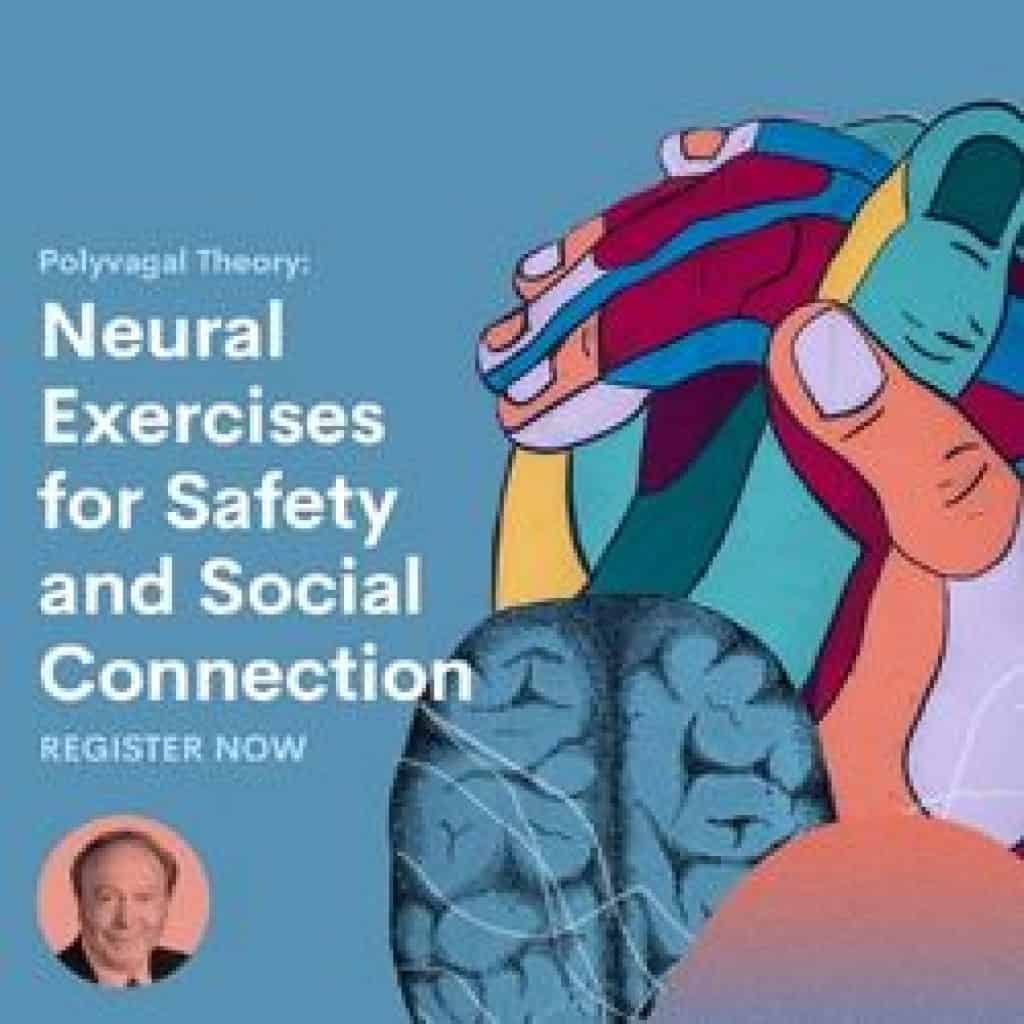
The course will elaborate on how Polyvagal Theory provides a neural foundation for a brain-body medicine that would lead to insights into the treatment of trauma and chronic stress-related mental and physical health challenges. The theory describes how, via evolution, a connection emerged in the brain between the nerves that control the heart and the face. The theory leads to better understanding of the relationship between mental and physical illnesses and provides the therapist with a better understanding that calming their client’s autonomic nervous system will foster emergent spontaneous social behavior, more optimally regulated autonomic functions, and reduced hypersensitivities.
Quotes from the Episode
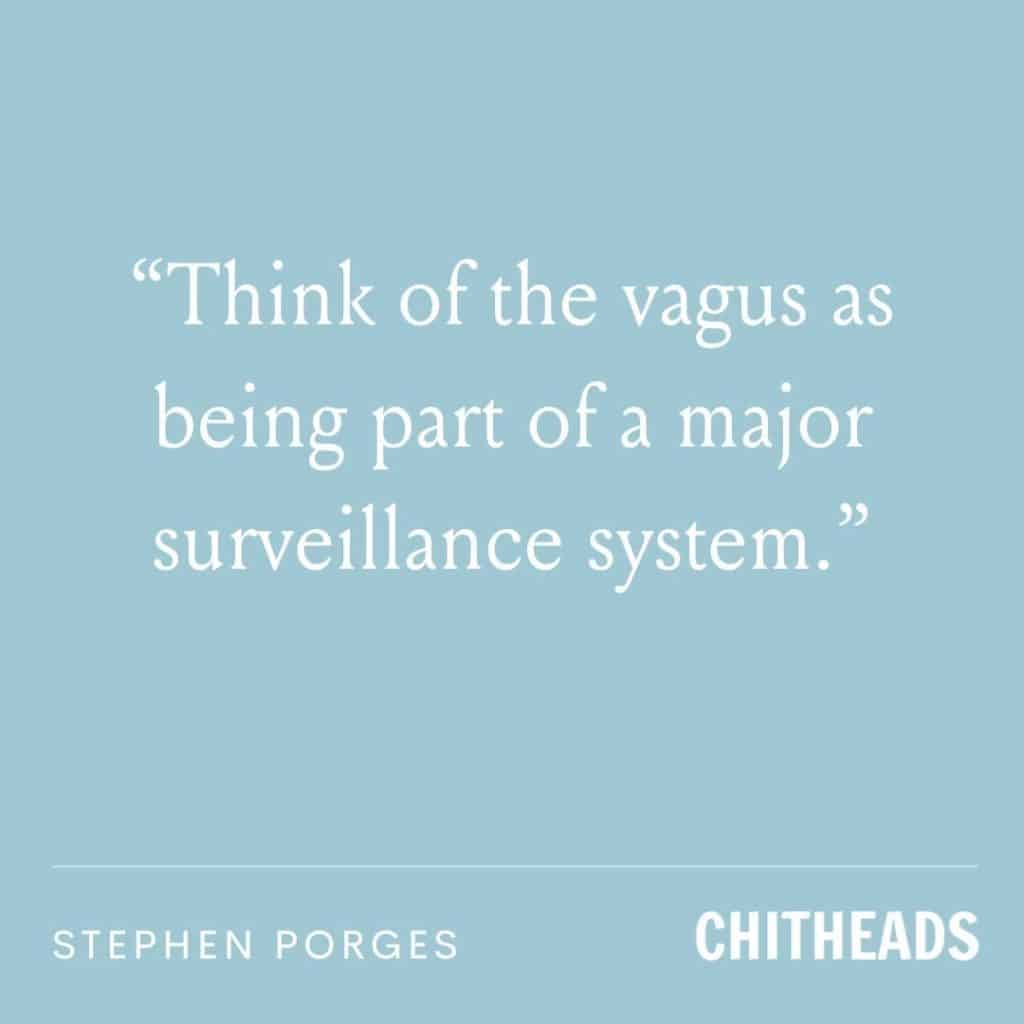
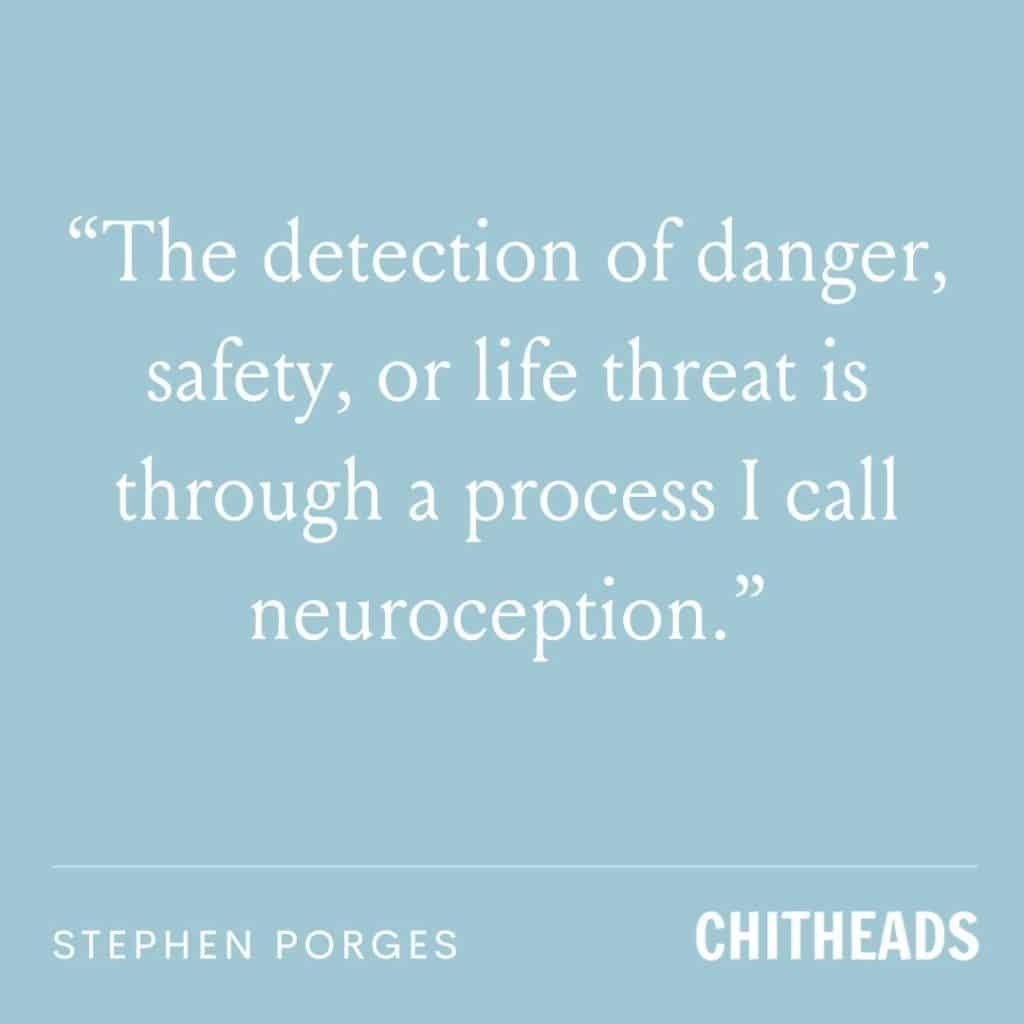
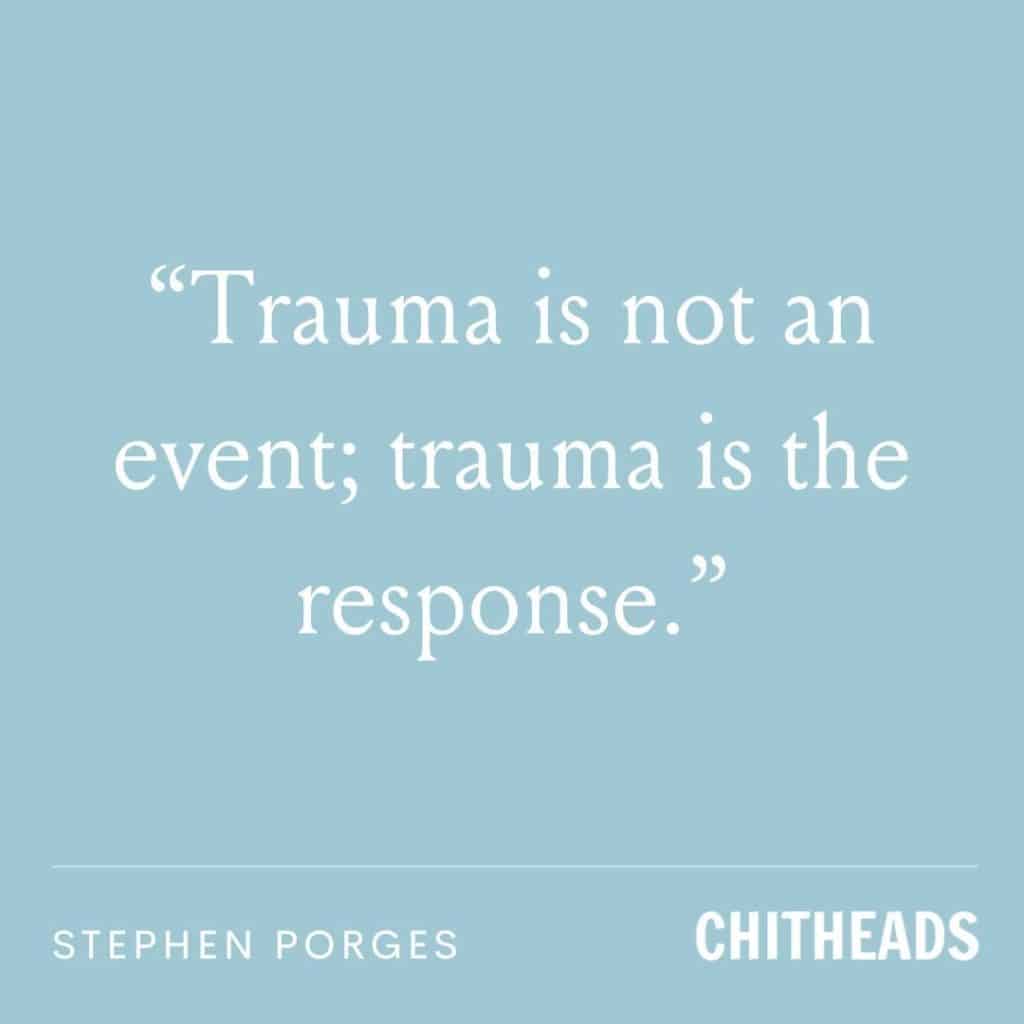

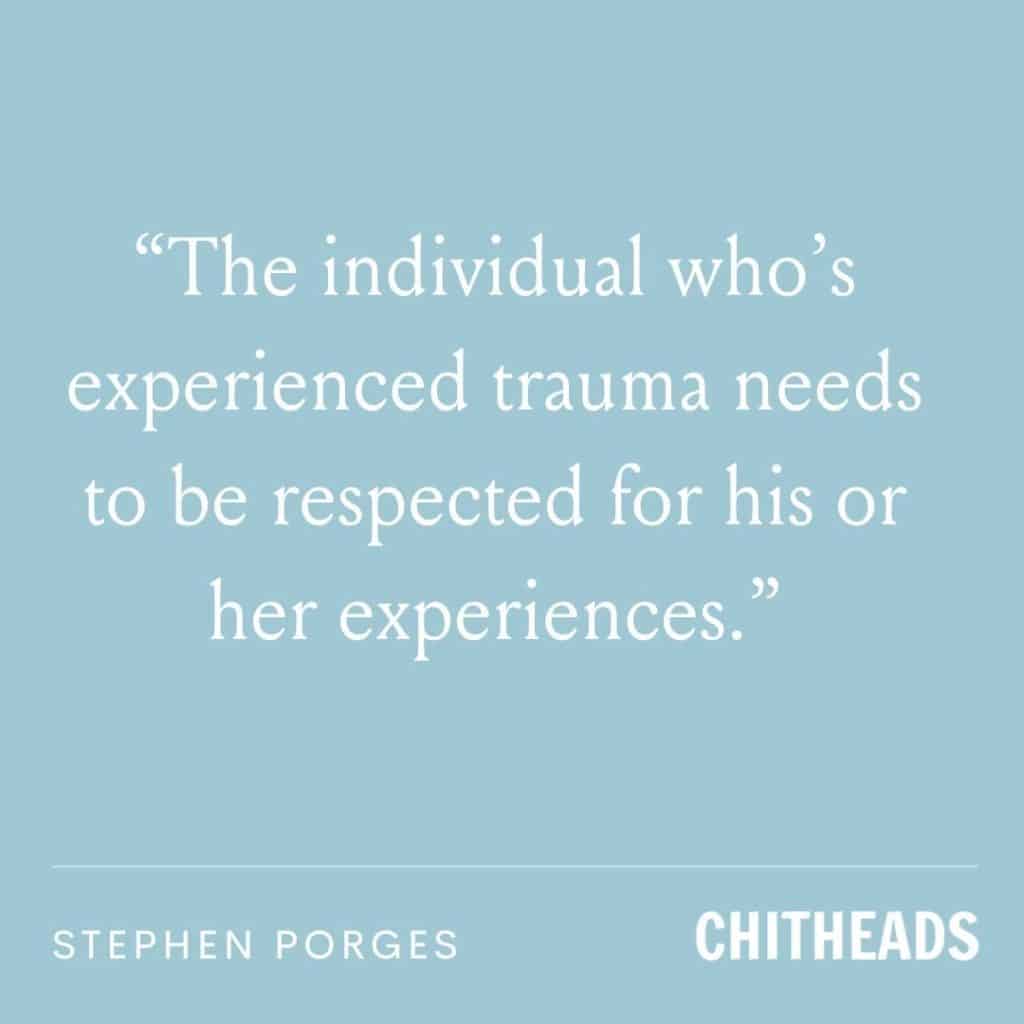
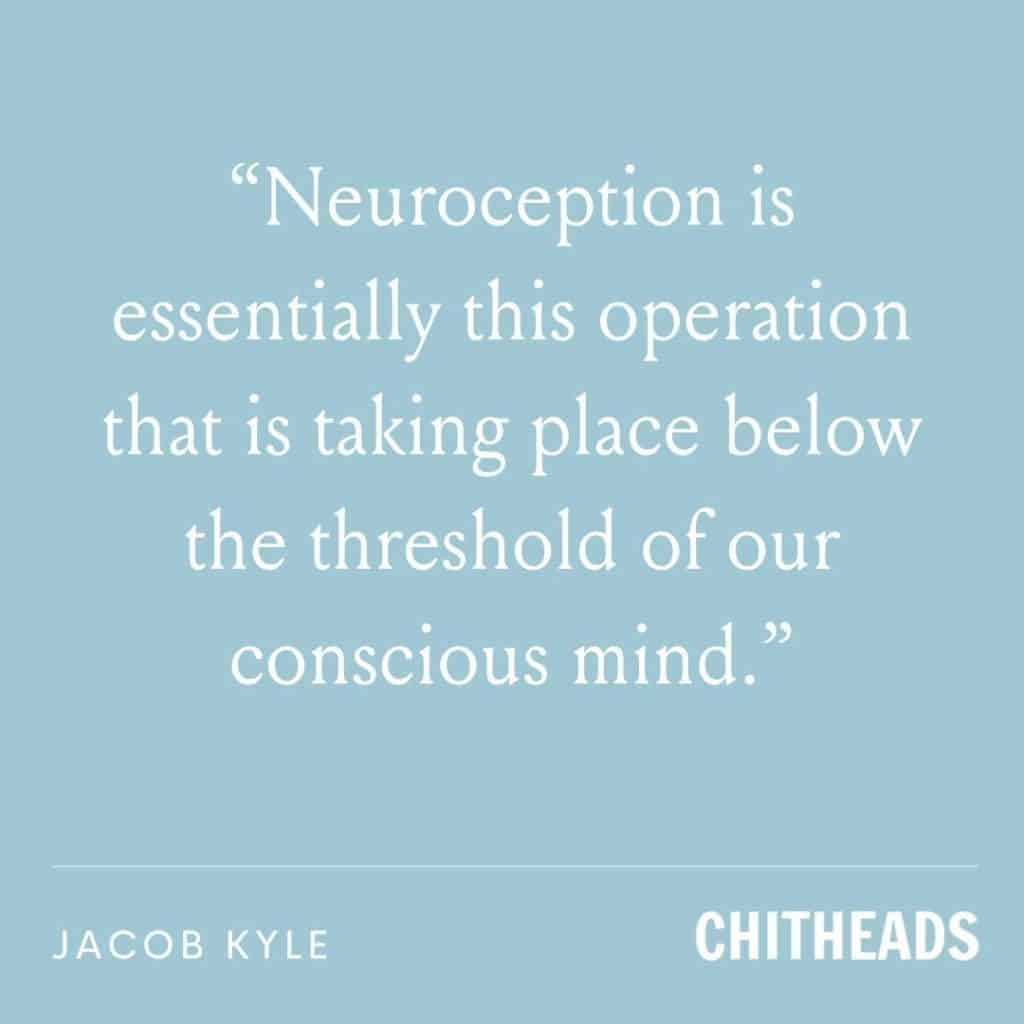



 © 2025 Unyte Health US Inc.
© 2025 Unyte Health US Inc.